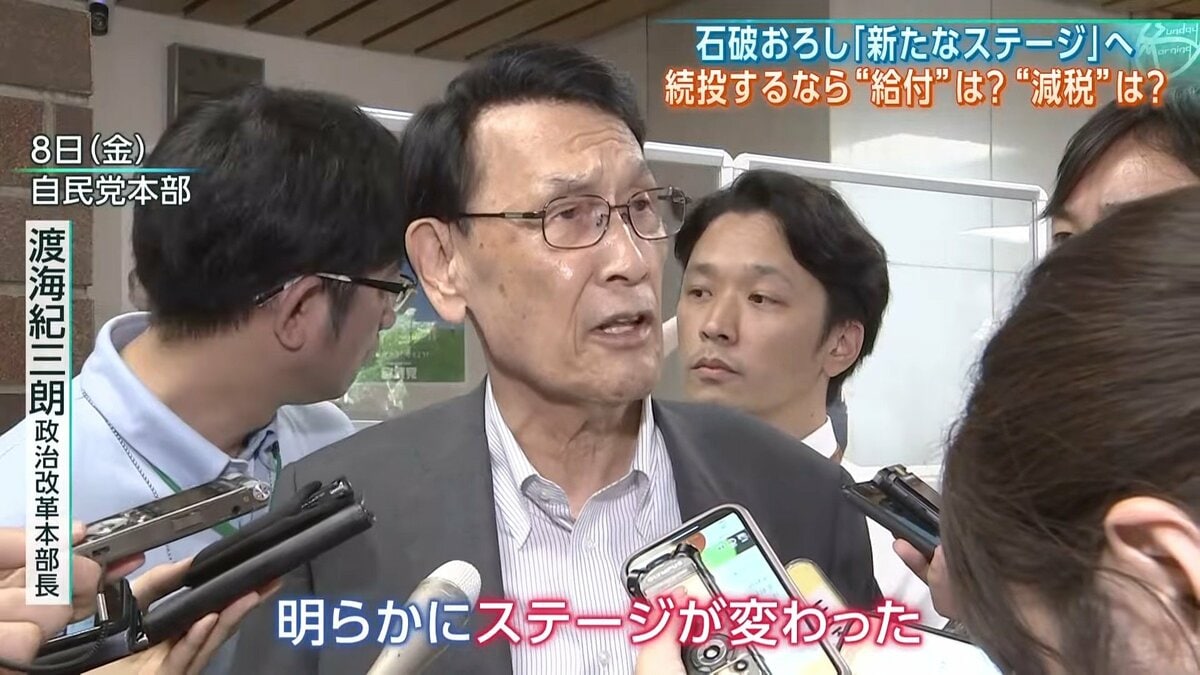The uncertainty looming over the next Japanese Prime Minister's succession brings with it questions about the future of the current administration's tax cuts and subsidies policies. With various potential candidates in the running, there is no clear indication yet of their respective stances on these matters, leading to speculations that could significantly impact Japan's economic and societal climate. Details on the succession process and its potential implications continue to unfold.
In Japan, the succession of a new Prime Minister often brings policy changes that affect economic, social, and international relations dynamics. Tax cuts and subsidies are significant policies tied to the public's welfare and business sector's operational conditions, and any significant shifts could heavily impact the country. Usually, the public keenly watches these developments, as they directly correlate to their livelihoods.
Similar to Japan, in the US or EU, a change in leadership often comes with policy adjustments and uncertainties. However, the mechanisms underlying these changes are different, given the democratic structures that exist in these countries vs. the parliamentary system in Japan. The procedure itself could be potentially more turbulent in the US or EU due to the broader direct public influence in the succession process.

